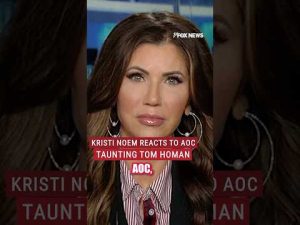The discourse around affirmative action has always been contentious, but with the latest developments, it’s time conservatives take a deep dive into the heart of the issue. The debacle is paving the way for critical perspectives on the true consequences of affirmative action. Initially designed to create opportunities, it now arguably raises more questions about equity than it answers.
There’s an undeniable reality that prestigious university degrees, once the epitome of academic excellence, have become subjects of skepticism. Recent graduates might find their achievements overshadowed by the politicization of their acceptance process. When a black or brown student graduates from prestigious institutions such as Harvard, Yale, or Columbia, a shadow of doubt looms over their accomplishments. It’s an injustice to those who genuinely earned their place through hard work and talent. Their success stories get unwittingly included in a narrative that questions their merit, all because of overarching affirmative action policies.
These policies have unintended consequences that can damage the fabric of merit-based success. It’s a glaring truth that affirmative action may turn students into artificial successes, trapping them in a cycle of doubt. The system, created to uplift, inadvertently undermines those it intended to help. True progress should empower individuals to rise based on their abilities, not out of perceived necessity. Unfortunately, affirmative action often paints students as tokens within academic environments, breeding resentment both in educational settings and later, in the workplace.
There’s a troubling reinforcement of stereotypes when these students fail to meet the demands of the institutions that accepted them under these policies. When universities fill their minority quotas with students who may not be fully prepared, it sets them up to struggle. This fosters a damaging stereotype about the capabilities of minorities, which should have been dismantled long ago. What started as a quest for balance has, in some cases, led to unintentional harm with broad cultural implications.
The historical context shows a time when progress was steady, and black students were making substantial strides in college attendance and graduation rates. In the pre-affirmative action era, students were matching credentials with the schools they attended, leading to organic successes and narrowing achievement gaps. Since the implementation of affirmative action, this progress has stagnated, raising questions about its effectiveness. It reveals the need to reassess and reform policies to focus on empowering students through genuine merit and capability. This approach would truly honor the spirit of equality and opportunity for all.







